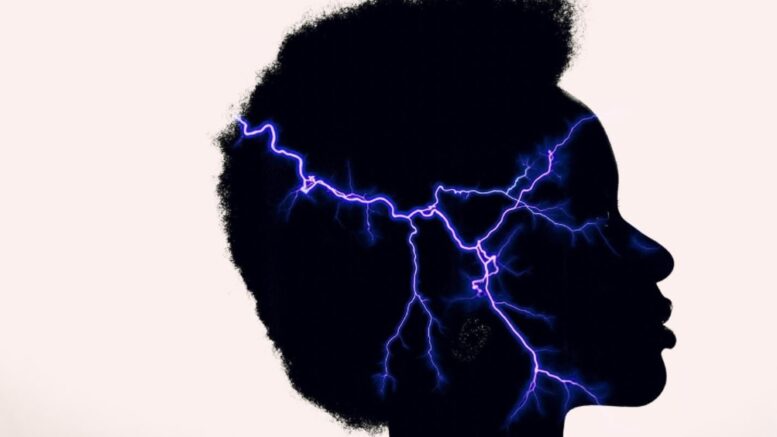It is not simple to recover from a substance use problem. It typically entails exercising self-control and avoiding individuals who might lure you back to substance use. However, one of the most challenging aspects of recovery is changing your way of thinking. Your ideas are an integral component of your substance use disorder (SUD). Negative thoughts can interfere with your healing.
Cognitive distortions are faulty beliefs or thinking traps that individuals have about themselves, others and the surrounding environment. These ideas or assumptions may cause harmful actions, thoughts and emotions reinforced over time, especially when drugs or alcohol are involved. For example, if a person thinks they need a drink to relax, this may develop into alcoholism.
Cognitive distortions may make it harder to recover from using drugs and drinking. Still, the vital thing to understand about these distortions is that they are beliefs and thoughts are not realities. Here are four of the most frequent cognitive distortions that impede recovery from substance use disorder:
All-or-Nothing Thinking
All-or-nothing thinking, often known as black-and-white thinking, is a cognitive distortion that many individuals who suffer from SUD encounter. It leads people to perceive things in extremes. For example, a person may think that if they abstain from drugs or alcohol for a day or two, they will believe they are no longer suffering from a substance use or alcohol use problem. They may become overconfident that they have overcome their addiction. So, if they later relapse, it may be disastrous.
Consequential to relapsing, someone with all-or-nothing thinking may feel like a failure since they did not achieve their goals. It may also make them feel pessimistic about their future. There are no absolutes for most things in life. There are gray areas in most instances. The recovery process necessitates self-compassion, which this cognitive distortion does not allow for, since things must be a particular way or not at all.
Overgeneralization
Overgeneralization is a cognitive distortion that everyone, regardless of whether they have SUD, is prone to. The difference between experiencing isolated instances of overgeneralization and developing a negative thought pattern is significant.
Overgeneralization defines a viewpoint of things in an extreme manner or taking a tiny occurrence and using it to support irrational conclusions or a simple view that is false. For example, someone may have taken drugs with their friends once or twice and then claim that they had used drugs socially their whole lives. This thinking trap may cause severe assumptions about your future or the life of others.
Mental Filter
Mental filtering is a term that refers to a momentary decrease in awareness of the good elements of a person’s life and a temporary slowing down of personal responsibility development. For example, it is a cognitive distortion that enables a person to continue to harm oneself inadvertently. Not only does mental filtering occur when a person avoids unpleasant ideas, but it may also refer to filtering out good information.
People with substance use disorders don’t always understand how they may filter out pleasant moments and lovely things they do for themselves or that others do for them. Many individuals with SUD believe that everyone else has it much better than them and that they are the only ones suffering, which is how this cognitive distortion may make them think they’re alone and could lead to a relapse.

Catastrophizing
Catastrophizing is the irrational thought that if anything terrible occurs, it will be the worst thing that has ever happened. It is when you think your circumstance is the worst-case scenario and will have disastrous repercussions. People often associate a catastrophizing notion with an increase in worry, sadness and other unpleasant feelings. Catastrophizing means expecting the worst to happen to you and believing that the result would be very severe and long-lasting.
For example, someone attempting to stop drugs may think that if they do not continue using, they will experience more significant withdrawal symptoms or believe that the cravings will be intolerable without substances. Because this kind of thinking may lead to relapse, individuals in recovery must avoid catastrophizing. It may very well seem like it, but your addiction and the consequences of it, are not the end of the world. The vital point is to recognize the measures you’re taking to better your life and how you’re getting closer to ending a toxic relationship with harmful substances.
Therapy Can Help to Reduce the Impact of Cognitive Distortions
Cognitive distortions are beliefs or attitudes that lead to an inaccurate or negative perception of oneself or others. They may make it challenging to identify what causes your drug use or prevent you from taking actions toward recovery. Cognitive-behavioral therapy (CBT) may assist you in identifying these cognitive distortions and then replacing them with more positive ideas. CBT focuses on how your erroneous thoughts affect emotions, feelings and actions. You can use cognitive-behavioral therapy to investigate how distorted beliefs can lead to ongoing substance-related behavior.
A CBT therapist can assist you in using what you learn in therapy to reduce the chance that when you confront cognitive distortions, you may revert to previous drinking or substance use. You can discover alternative non-drug activities or things you can pursue with non-drug-using people in therapy. With a mental health professional, you can practice non-drug solutions to respond to triggers, automatic negative thoughts and cognitive distortions. A clinician may employ motivational and cognitive interventions to help you reduce negative thinking patterns that will increase your chances of future substance and alcohol use.
